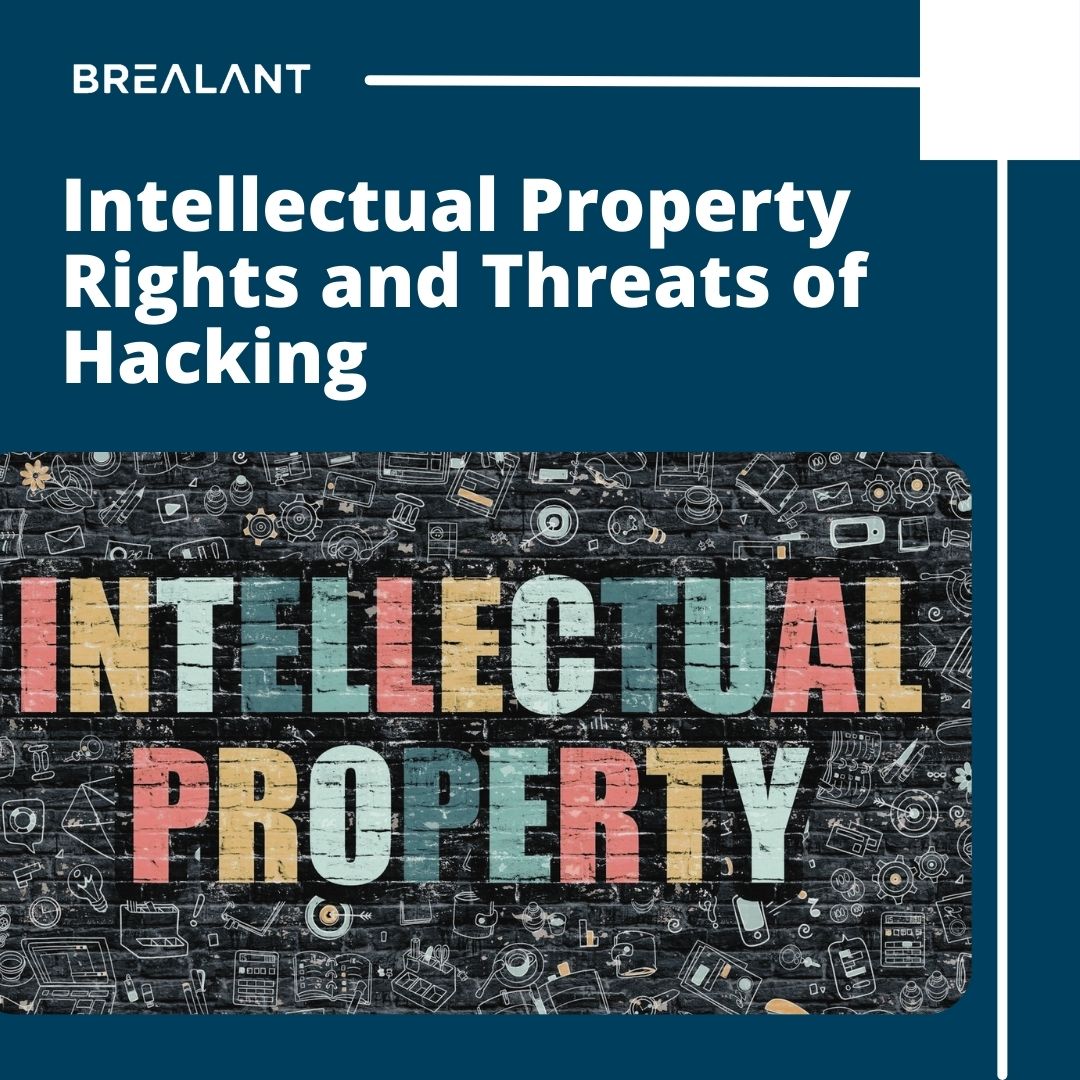

Intellectual property (IP) rights are a valuable asset for businesses and individuals. They protect the creative works of individuals and companies from being stolen or copied. IP rights can prevent others from using or adapting the protected work without permission. However, IP rights can also be threatened by hacking incidents.
Hackers use their skills and knowledge to penetrate private networks and breach the security of computer systems. This information can be used for criminal purposes, including stealing intellectual property. In recent years, there has been an increase in hacking incidents targeting businesses and individual users.
IP rights must be protected if businesses are to maintain their competitive edge. There are many ways in which hackers, including data theft and copyright infringement, can threaten IP rights. Businesses must take steps to protect themselves from these threats, including implementing robust security measures and ensuring adequate IP rights protection resources are in place.
Hackers often target IPRs for financial gain. For example, malware that steals protected intellectual property can be sold on the black market to competitors or used to attack companies with offensive purposes. Additionally, hacking groups may leak confidential information to embarrass their targets or gather intelligence for future attacks. Here are some famous examples where the intellectual property of companies and individuals has been compromised, read ahead:
Hacking is a criminal activity that involves breaking into computer systems to obtain confidential information or damage the data stored on the systems. Most hackers are computer professionals who use their skills for nefarious purposes, such as stealing money or gaining unauthorized access to sensitive files.
If caught hacking into someone else's system, you could face criminal charges. Depending on the severity of your actions, you may be looking at fines and imprisonment. Furthermore, your cybercrime record may follow you for years, which could make finding employment difficult. So, if you plan on hacking someone else's computer system, be sure that you understand the legal implications of your actions. Many legal issues can arise as a result of hacking. For example, if one is responsible for an attack that causes financial losses, that person may be liable to compensate the victim. If a hacker maliciously damages someone's computer, you could be charged with criminal damage.
If you're interested in protecting your intellectual property rights, there are a few things that you can do. First and foremost, ensure you have good computer security measures in place. This includes installing malware-scanning software on your computer as well as updating your antivirus software regularly. Keep your confidential information secure by keeping it isolated from other team members and encrypting it if necessary. Finally, register the copyright and trademark for your work with the appropriate authorities. This will help to deter would-be thieves from raiding your company's resources without paying tribute.
IPRs must be protected if they continue to play an important role in the global economy. This is especially true for technology companies, whose innovation is key to advancing the economy and the quality of life. Governments need to work together with industry to develop robust IPR enforcement mechanisms and protect intellectual property from would-be thieves.